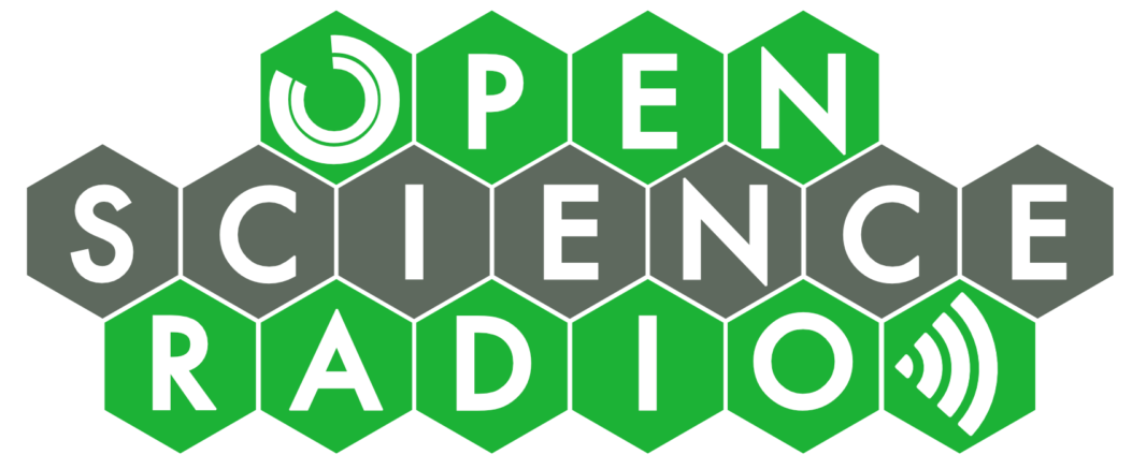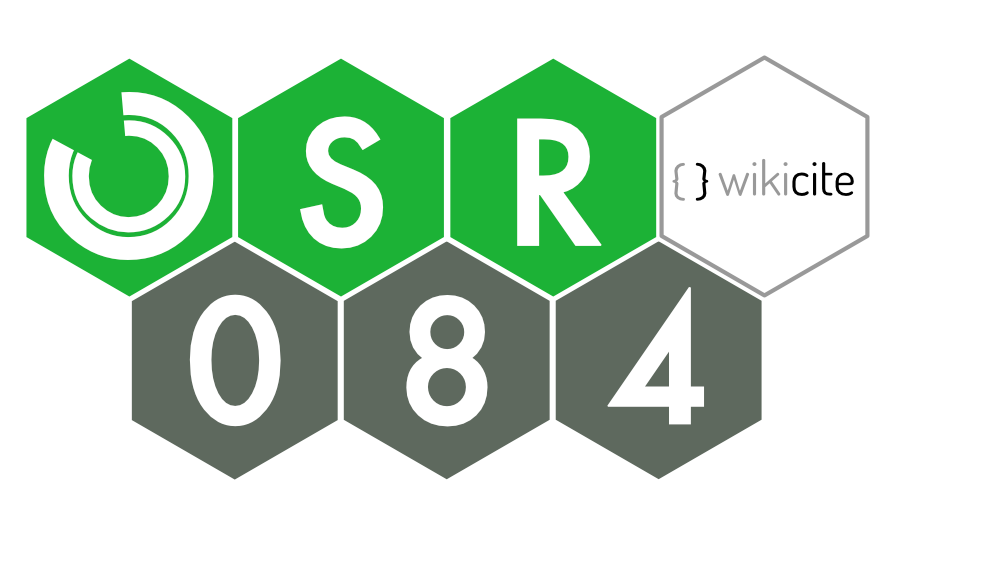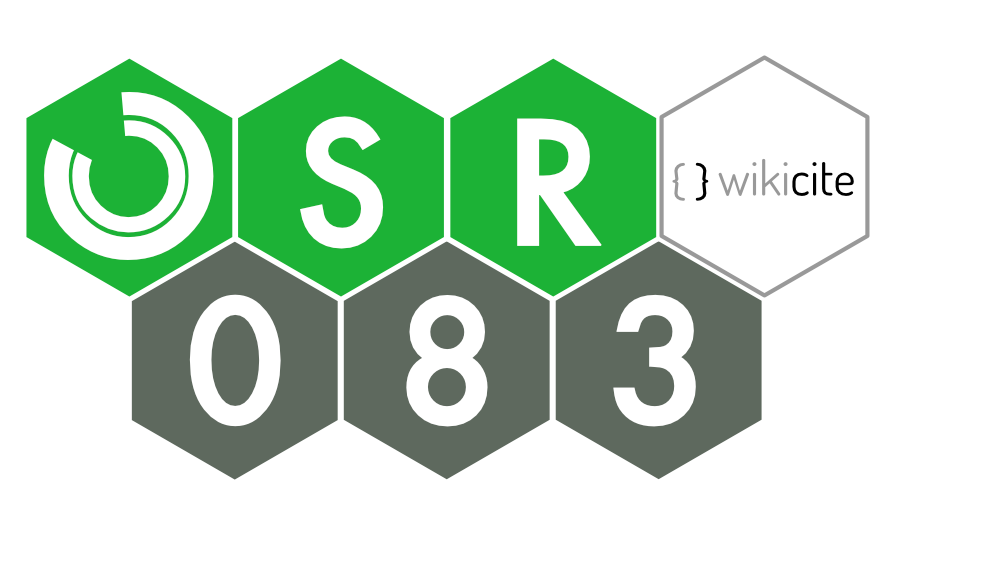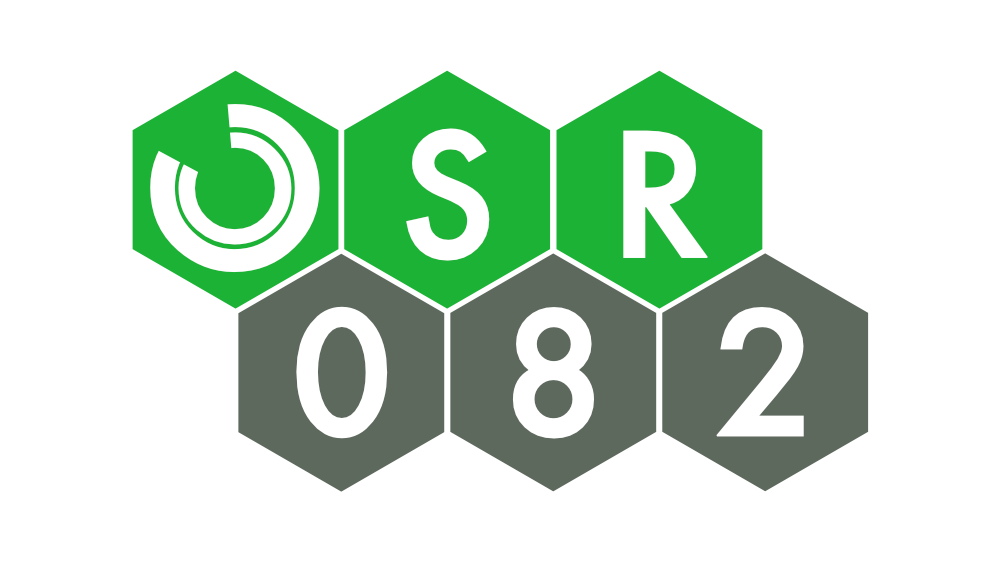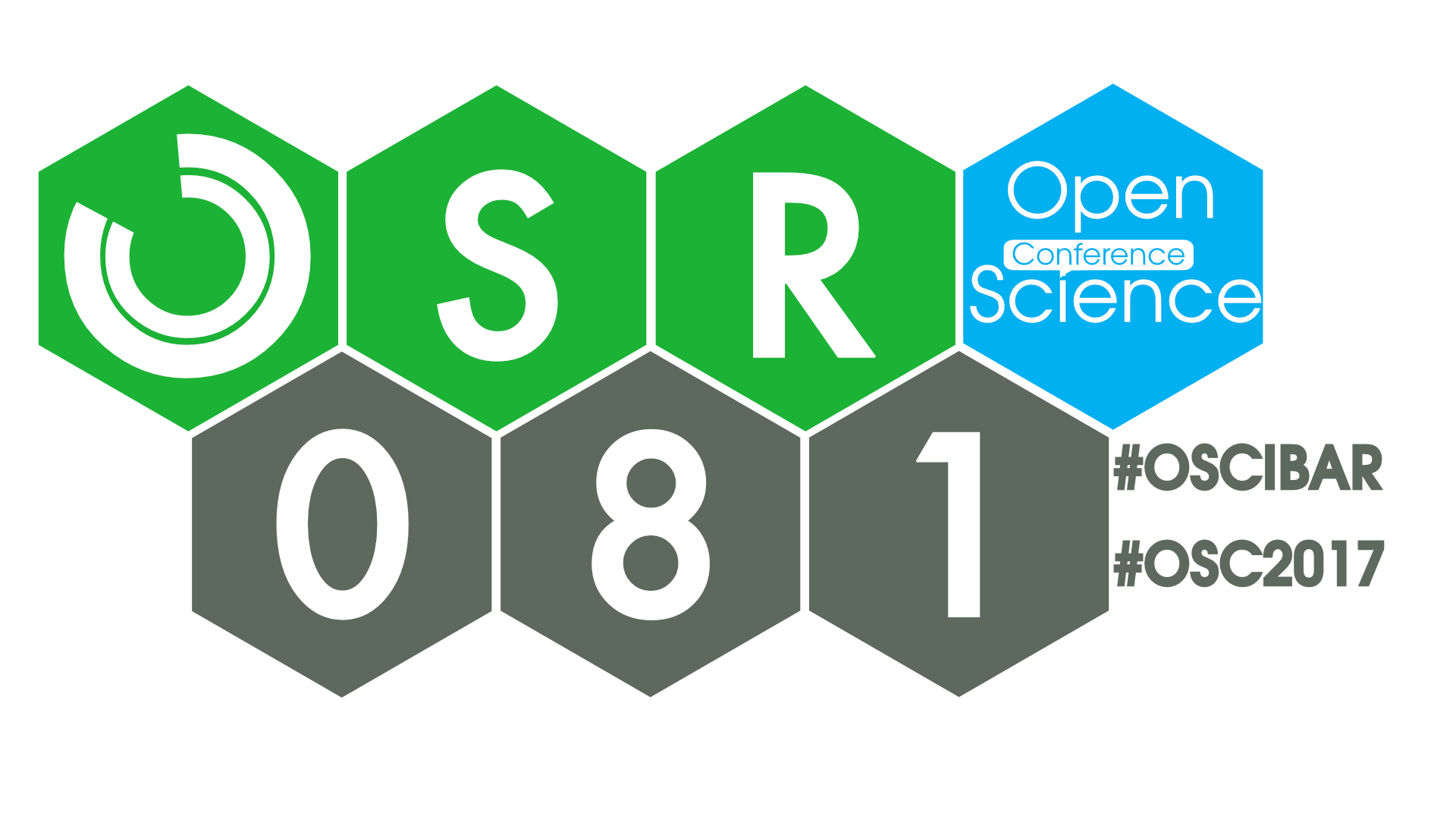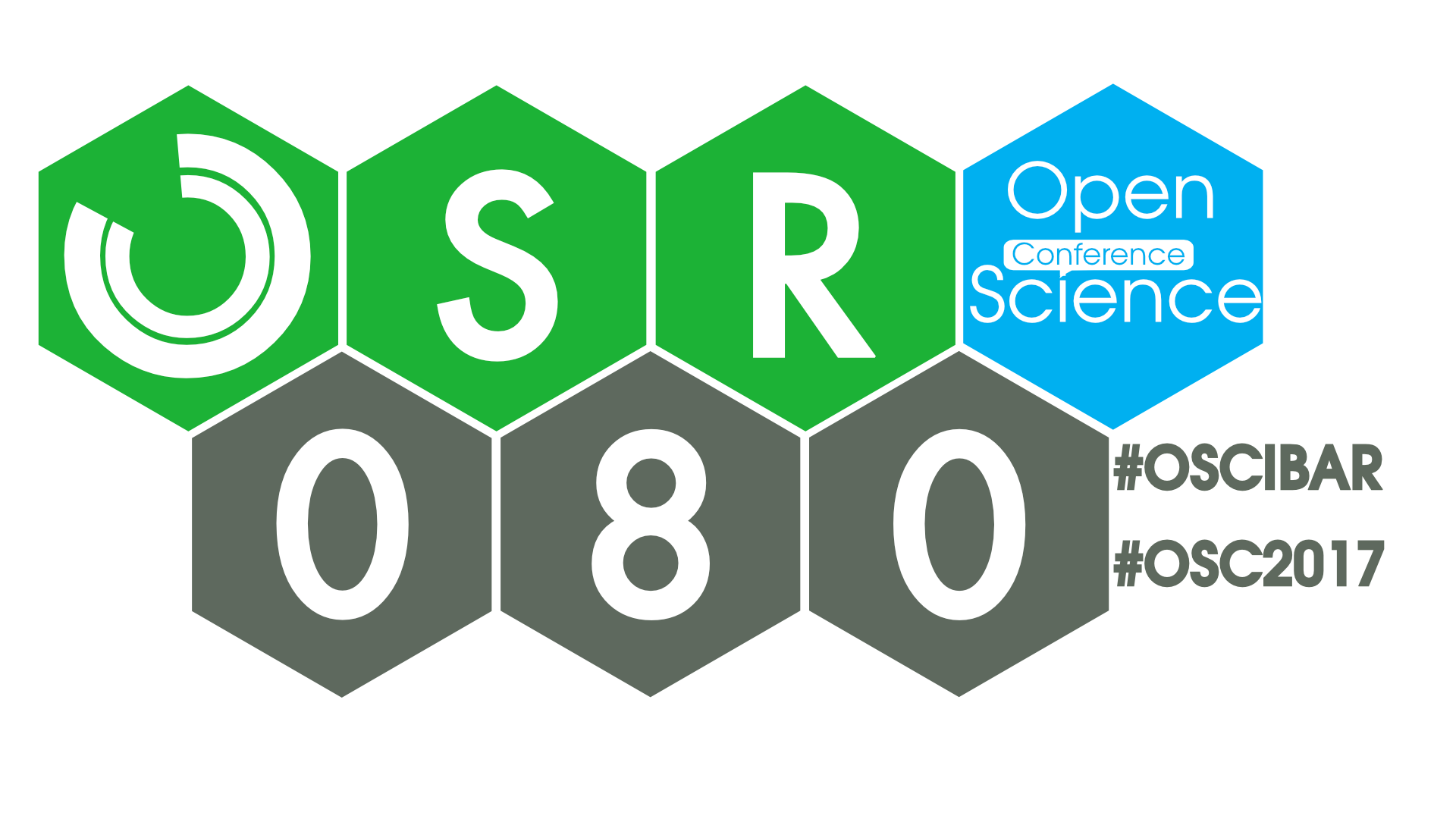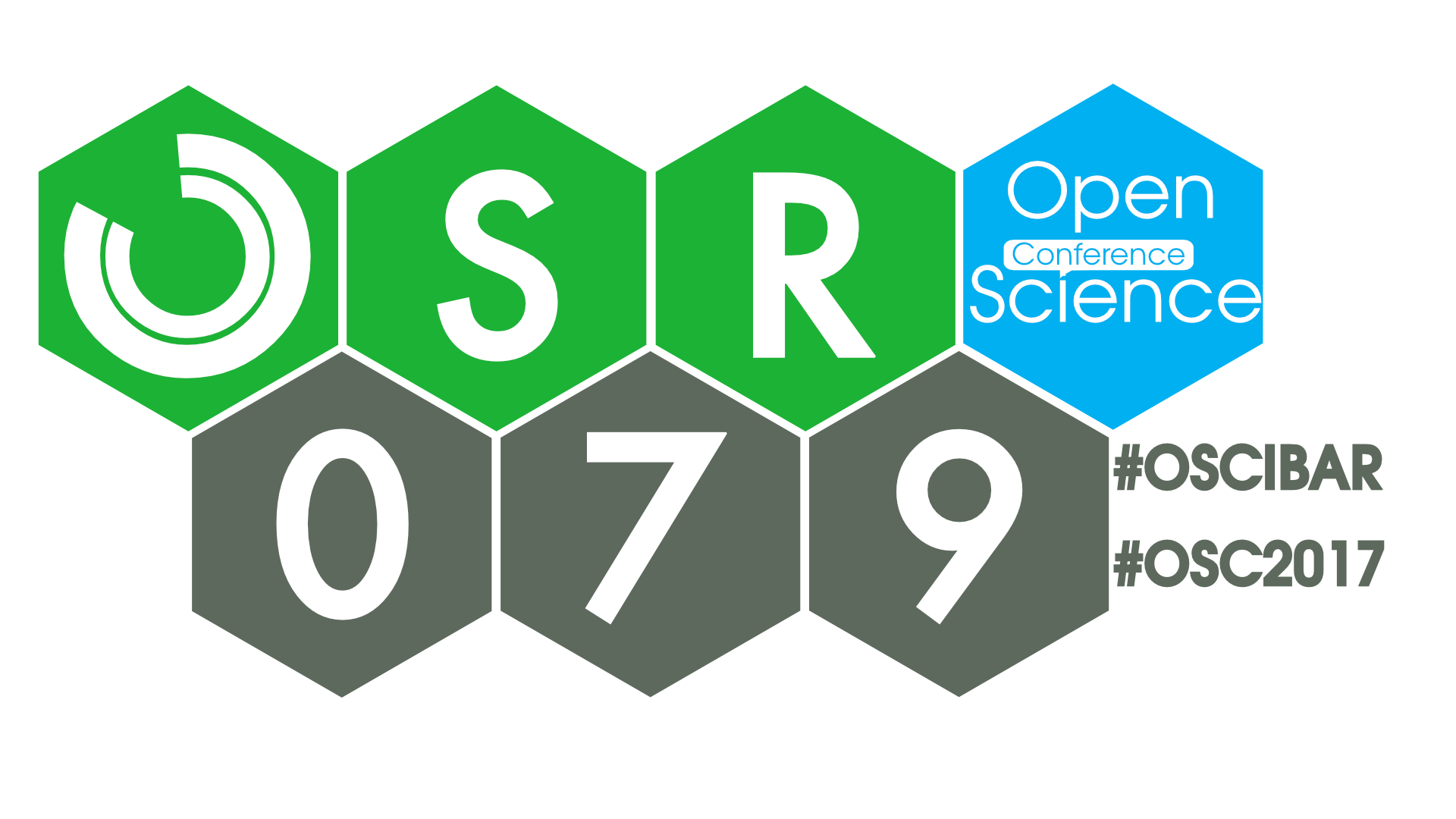As last year, Konrad visited the WikiCite 2017 event that seeks out „…to design a central bibliographic repository, as well as tools and strategies to improve information quality and verifiability in Wikimedia projects.“ This year he took the opportunity to do a couple of interviews with participants.
This interview is with Daniel Mietchen. Daniel is a biophysicist and open scientist currently working at the University of Virginia as a data scientist. He is also part of the organizing committee anf initiated the Zika corpus project. In this interview he provides us with a bit of background of his work on the Zika corpus project and how it relates to WikiCite. Enjoy!
As last year, Konrad visited the WikiCite 2017 event that seeks out „…to design a central bibliographic repository, as well as tools and strategies to improve information quality and verifiability in Wikimedia projects.“ This year he took the opportunity to do a couple of interviews with participants.
This interview is with Jonathan Dugan. Jonathan is a bioinformatician by education, has until recently worked for PLOS (PLOS Labs) and is one of the organizers of WikiCite. Enjoy!
Viele andere Dinge fordern gerade unsere Aufmerksamkeit, von daher haben wir etwas gebraucht um mal wieder eine Episode aufzuzeichnen. Das bringt auch uns hin und wieder zum Nachdenken warum man das hier macht und wie man es am besten machen könnte. Vielleicht könnt Ihr als Hörer ja ein paar Punkte davon verstehen, oder zumindest nachvollziehen. Abseits von Metathemen gibt es noch ein/zwei Newsmeldungen und im Nachgang zu dieser Episode gibt es noch ein paar Veröffentlichungen von Gesprächen die Konrad auf der WikiCite 2017 führte. Viel Spaß!
As you have recognized, Open Science Radio was attending this year’s Barcamp Open Science as well as the Open Science Conference. This episode is a wrap-up together with Guido Scherp, one of the organizers (you’ll know him by now). Guido is providing his impressions from the two events, we share ours and discuss a few things in general, as well as a few of the talks in more detail (this year we caught a few quotes).
DFG-funded research usually is provided with a (nationwide) negotiated license called Allianz-Lizenz which contains special Open-Access regulations that allows the OA publication of research results after a certain embargo period. However, experience shows that the authors (or their instiutional representatives) hardly ever make use of these Open Access rights, often due the related required efforts. The DeepGreen project aims to make the transformation to Open Access repositories easy to use on a technical level and automatic (if possible). At this poster session Julia Goltz from the Cooperative Network of Berlin and Brandenburg Libraries (KOBV) provides some insight to the project.
As reproducibility becomes more and more important, one of the main challenges is to support it by making it easier and more accessible. Starting in the domain of geosciences, the DFG-funded project Opening Reproducible Research aims to improve the access to research results that are published over the Internet, and seeks to simplify their reuse in the form of a research compendium. At this poster session Markus Konkol from the Institute of Geoinformatics at WWU Münster provides some insight to the project.
